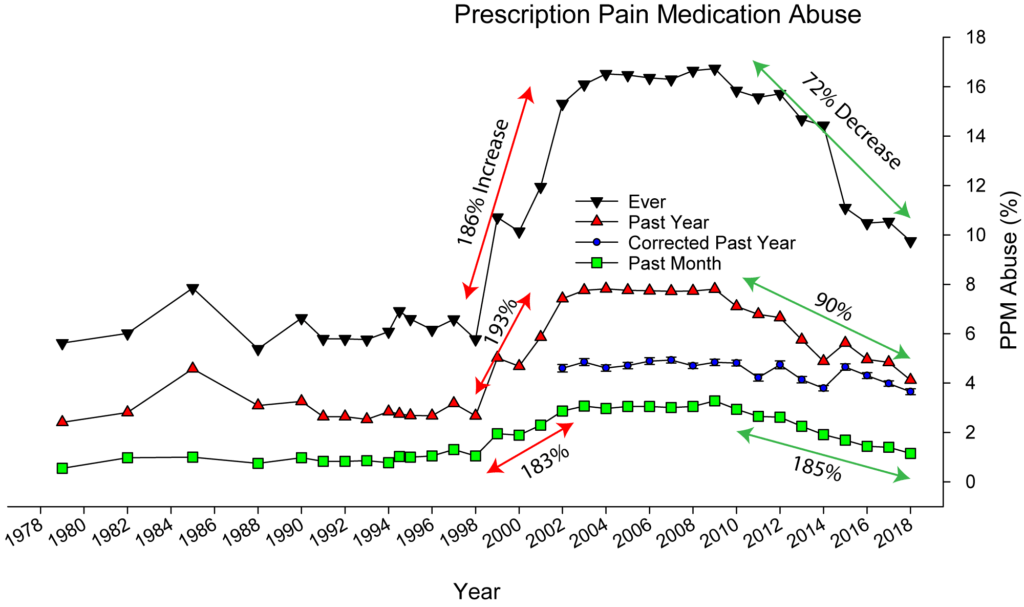PainRelief.com Interview with:
Neda Gould, PhD
Assistant Professor
Director, Mindfulness Program at Johns Hopkins
Associate Director, Bayview Anxiety Disorders Clinic
Department of Psychiatry and Behavioral Sciences
Johns Hopkins School of Medicine

PainRelief.com: What is the background for this study?
Response: Migraines can be severe and debilitating and many of the current pharmacological treatments have side effects. We were interested in studying the effect of a non-pharmacological intervention (mindfulness meditation) on migraines using various outcomes including brain imaging.
Mindfulness-Based Stress Reduction (MBSR) is a program that has been shown to improve chronic pain. However, the benefits of this program have been modest in migraine patients. We sought to determine if a longer period of mindfulness training and home practice would yield better outcomes in migraine patients.
The traditional MBSR course consists of 8 weekly sessions and a retreat. We enhanced this course to include the 8 weekly sessions and retreat followed by 4 additional biweekly sessions (MBSR +).
We randomized 98 adults with episodic migraine to the MBSR+ group (50 participants) or to a stress management for headache group (SMH, 48 participants). The SMH group included didactic content on stress and other triggers in headaches. Both groups followed a similar format and timing.
All participants completed questionnaires an also underwent magnetic resonance imaging (MRI) to look at changes in brain structure and function.







